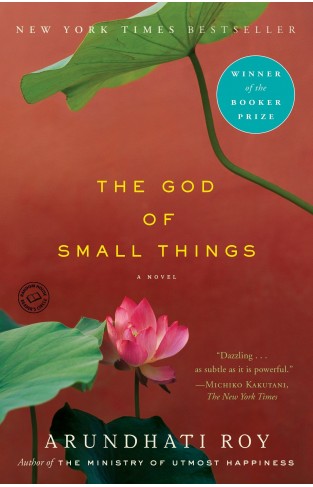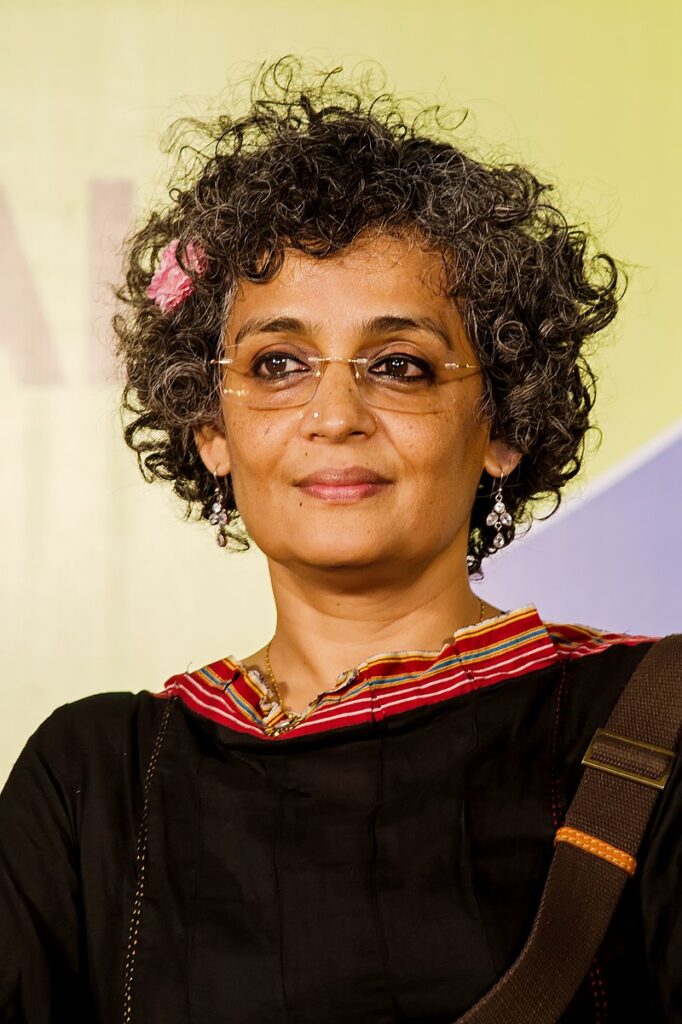Postcolonial literature deals with issues like identity, hybridity, cultural differences, conflict, and exploitation of the colonized by the colonizers at every end. Arundhati Roy’s novel The God of Small Things, written in a complex, incoherent, and fragmented style, conveys a deeper meaning that runs into notions regarding human perspectives, values, and attitudes of a postcolonial nation. Postcolonial literature, especially Indian Writing in English, is different from native literature because of the impact of the backdrop of local culture, hybrid identity, and wayward dialogue, which force the authors to write in a different form. They depict the regional situation to shape the writing by the existing reality.

The appearance of the British as exploiters suggests a post-colonial tendency. They act as instruments of imperial oppression, trying to crush down the colonized to the very extent of extreme pathos. Characters like Hollick symbolize the cruelty and evil of the superior planter class. Furthermore, the power structures are carefully delineated in the novel. Mammachi, Baby Kochamma, the policemen, etc., stand aloof within their realms of power, and they see to it that the transgressors- Ammu, Velutha, Rahel, and Estha, who hold no power in the social hierarchies, remain vulnerable and hence overruled. Similarly, skin color and race create a very different power structure. White skin is an ideal of beauty, which leaves anyone with dark skin in a lower bracket. The impression that Sophie Mol leaves for herself is “hatted, bell-bottomed and loved from the beginning (p.186). This out-of-the-bounds glorification of the West is peculiar to the entire family’s behavior, especially in Baby Kochamma’s. The sense of inferiority complex at being Indian makes her speak with an artificial accent. This reflects the relationship between the colonizer and the colonized, which is filled with postcolonial literature.
Bhabha’s postcolonial concept of mimicry is also present in The God of Small Things. Chacko, the uncle of the two protagonists, is a “mimic man” of the most prototypical kind. He is excessively proud of having “read” at Oxford (Roy, 1997, p. 55) and demonstrates his superiority over the rest of the family by speaking in his “Reading Aloud Voice” (p. 54). Also, he used to be married to an Englishwoman. The rest of the family also displays an exasperating admiration for the former colonizers. For instance, Pappachi, the late grandfather of the two protagonists, refuses to believe his daughter when she complains about being sexually harassed by her husband’s British boss– he cannot bring himself to question the moral integrity of the colonizer. Similarly, Margaret Kochamma, Chacko’s English ex-wife, and their daughter Sophie are treated with humble respect and uncritical admiration by Mammachi and the twins’ grand-aunt, Baby Kochamma. The latter is fascinating in this respect – when she resolves to punish the twins, she insists they speak “proper English.”

In postcolonial literature, everything with limited or no access to cultural imperialism is subaltern- a space of difference. Subalterns lie within the hegemonic discourse, wanting a piece of the pie, but they are not allowed. The novel “The Other” and the “Subaltern” are made up of children like Velutha and even Ammu. At some point in time or another, they are discriminated against: the children by Ammu and their grand aunt Baby Kochamma, Ammu by her aunt, and Velutha by the so-called “modalalis”(landlords) of the clan. Moreover, the development project in postcolonial societies and its impact on marginalized women and other subjugated people necessitates an examination of postcolonial environmental issues from an ecofeminist viewpoint. The God of Small Things views the hierarchy of dualisms between men and women, development, and underdevelopment as an ideological justification for domination. Roy criticizes the justification of the destruction of nature and the oppression of subjugated human beings as an inevitable process in the progressive development of postcolonial India. Such oppression is well depicted through the ill-fated inter-caste love of the main characters of The God of Small Things: Ammu, a divorced Syrian Christian, and Velutha, an untouchable. In this sense, the novel is a notable accomplishment epitomizing her call for social and economic justice for postcolonial India’s other, the disenfranchised and subordinated people and non-human nature.



